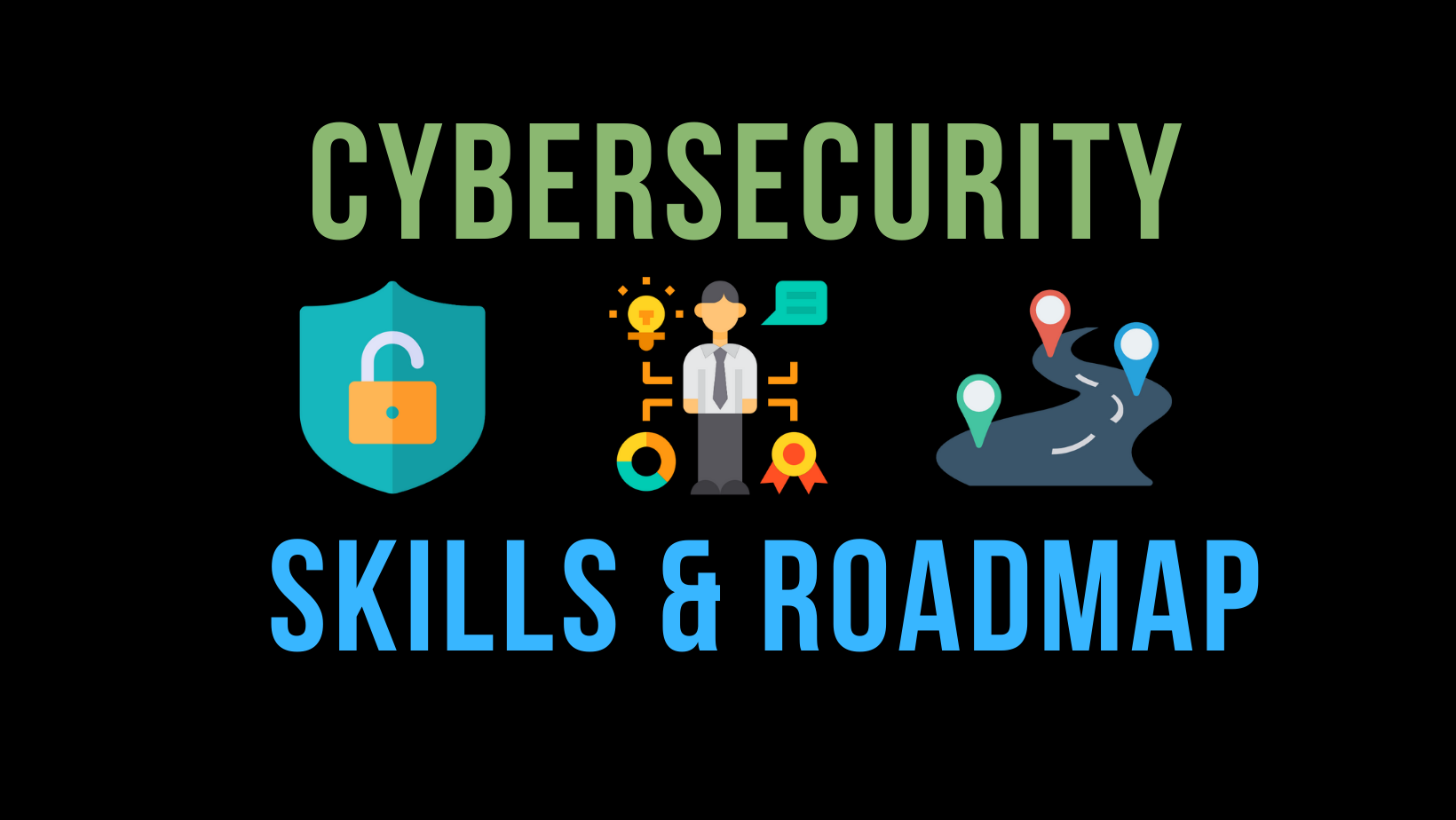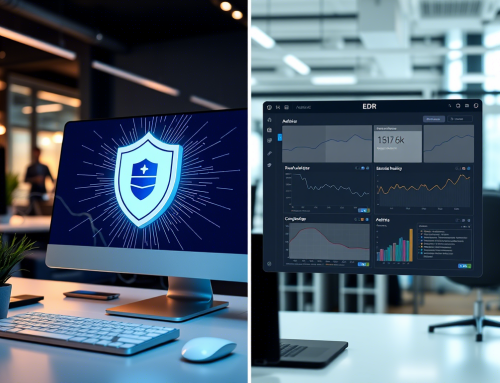Are you excited about starting a career in cybersecurity but feeling unsure where to begin? Cybersecurity offers endless opportunities, but launching your career in this high-demand industry can seem daunting without the right guidance. This detailed blog post will take you step-by-step through the process of building a strong foundation, developing practical skills, and getting real-world experience to successfully kickstart your cybersecurity career.
Whether you’re completely new to IT or already have some technical experience, this guide will set you on the path toward becoming a cybersecurity expert.
Why Choose a Career in Cybersecurity?
Cybersecurity has become one of the most critical fields in today’s digital age. With cyber threats increasing in frequency and sophistication, companies are constantly looking for skilled professionals to safeguard their systems. According to the U.S. Bureau of Labor Statistics, jobs in this field are projected to grow by 35% between 2021-2031.
If you’re looking for a stable, high-paying career with varied opportunities, venturing into cybersecurity might just be the perfect decision.
1. General Foundational Skills
A solid foundation in IT basics is essential when entering any tech-related career. If you’re starting from scratch, Cisco Networking Academy offers an excellent free training program with 8 courses to develop your foundational understanding.
These introductory courses are perfect for beginners with zero technical knowledge, as well as individuals looking to refresh their computer and networking basics. Invest time here to establish an essential skill set and get comfortable exploring IT systems. Cisco Networking Academy
2. First Cyber Focus Course
Once you’ve covered the basics, it’s time to focus on your first cybersecurity training. Several beginner-friendly courses are available—select the one that works best for your learning style and budget.
- CompTIA Security+ Preparation Material
- Most recognized in the industry but relatively expensive.
- Covers a wide range of topics, but hands-on labs are limited.
- Google Cybersecurity Certificate Google Cybersecurity Certificate
- Affordable and includes hands-on practice in Linux, MySQL, and Python.
- Prepares you for the Security+ exam with a 30% discount included.
- Microsoft Cybersecurity Analyst Microsoft Cybersecurity Analyst
- Similar to Google’s certification and also budget-friendly.
- Prepares you for the SC-900 certification.
- ISC2 Certified in Cybersecurity ISC2 Certified in Cybersecurity
- Completely free and an excellent introductory course for cybersecurity beginners.
For a comprehensive learning experience, we recommend combining the CompTIA Security+ with the Google Cybersecurity Certificate to gain both theoretical understanding and practical skills.
3. Discover Your Cybersecurity Path
Cybersecurity spans multiple specializations such as Cloud Security, Penetration Testing, and Security Analysis. After completing your beginner courses, explore these niches further to determine where your interests lie.
Additionally, focus on crafting an impressive CV that highlights your skills and certifications.
Step 4: Gain Hands-On Experience with Projects
Practical experience is essential for any cybersecurity career. Start building your portfolio with these beginner-friendly projects to demonstrate your skills to potential employers.
These projects will allow you to apply what you’ve learned and work on real-world scenarios, boosting your confidence and expertise.
5. SOC Level 1 on TryHackMe
After creating your initial projects, consider enhancing your skills with the SOC Level 1 course on TryHackMe. This course dives deep into analyzing and responding to security incidents, preparing you for roles such as a Cybersecurity Analyst.
TryHackMe SOC Level 1
6. Complete a Virtual Internship
Gain real-world experience through virtual internship programs offered by major companies:
- Mastercard Cybersecurity Virtual Experience Program
- JPMorgan Chase & Co. Cybersecurity Virtual Experience
- Commonwealth Bank Cybersecurity Virtual Experience Program
- AIG Shields Up: Cybersecurity Virtual Experience Program
These internships provide valuable insights into the cybersecurity industry and can be added to your CV.
7. Advanced Courses
To further enhance your knowledge, consider these advanced courses:
8. Applying for Jobs
Throughout your learning journey, continuously update your CV and apply for jobs. Create a LinkedIn profile and search for opportunities in your area. Apply to as many relevant positions as possible to increase your chances of landing your first cybersecurity role. By following this comprehensive guide, you’ll be well on your way to launching a successful career in cybersecurity. Remember, persistence and continuous learning are key in this rapidly evolving field.
Good luck on your cybersecurity journey!
Keep your CV updated throughout your learning process. Create a LinkedIn profile showcasing your certifications, projects, and internships. Use your network and online job portals to discover opportunities and apply for as many relevant positions as possible.
By taking this proactive approach, you’ll increase your chances of landing your first role in cybersecurity.
Final Tips for Launching Your Cybersecurity Career
- Persistence is key. The cybersecurity job market is competitive, but regular skill updates and active job applications can help you secure the right position.
- Stay informed. Cyber threats are constantly evolving. Stay up-to-date by following cybersecurity news and trends.
- Continuous Learning. Certifications, training, and workshops will keep you ahead of the curve and boost your long-term career growth.





